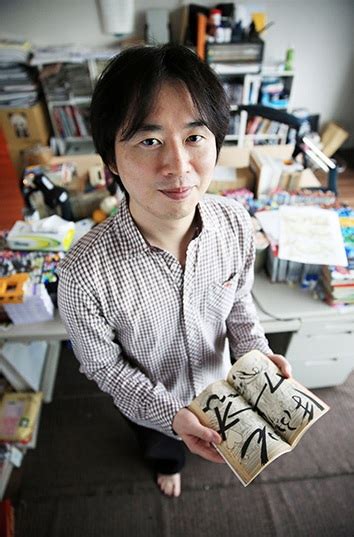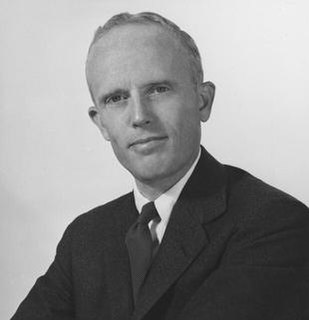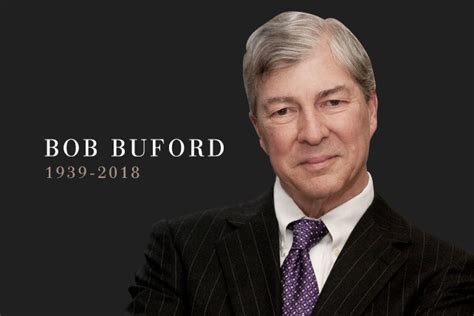A Quote by Carlos Slim
It's a society of knowledge and experience. You have better experience and knowledge when you are 60, 65 and 70.
Quote Topics
Related Quotes
Hire and promote first on the basis of integrity; second, motivation; third, capacity; fourth, understanding; fifth, knowledge; and last and least, experience. Without integrity, motivation is dangerous; without motivation, capacity is impotent; without capacity, understanding is limited; without understanding, knowledge is meaningless; without knowledge, experience is blind. Experience is easy to provide and quickly put to good use by people with all the other qualities.
Wisdom and knowledge can best be understood together. Knowledge is learning, the power of the mind to understand and describe the universe. Wisdom is knowing how to apply knowledge and how not to apply it. Knowledge is knowing what to say; wisdom is knowing whether or not to say it. Knowledge gives answers; wisdom asks questions. Knowledge can be taught, wisdom grows from experience.
This society in which knowledge workers dominate is in danger of a new "class conflict" between the large minority of knowledge workers and the majority of workers who will make their livings through traditional ways, either by manual work... or by service work. The productivity of knowledge work - still abysmally low - will predictably become the economic challenge of the knowledge society. On it will depend the ability of the knowledge society to give decent incomes, and with them dignity and status, to non knowledge people.
We have heard of a Society for the Diffusion of Useful Knowledge. It is said that knowledge is power, and the like. Methinks there is equal need of a Society for the Diffusion of Useful Ignorance, what we will call Beautiful Knowledge, a knowledge useful in a higher sense: for what is most of our boasted so-called knowledge but a conceit that we know something, which robs us of the advantage of our actual ignorance? What we call knowledge is often our positive ignorance; ignorance our negative knowledge.
I should say that the useful results of science had accumulated, but that there had been no accumulation of knowledge, strictly speaking, for posterity; for knowledge is to be acquired only by a corresponding experience. How can we know what we are told merely? Each man can interpret another's experience only by his own.

































